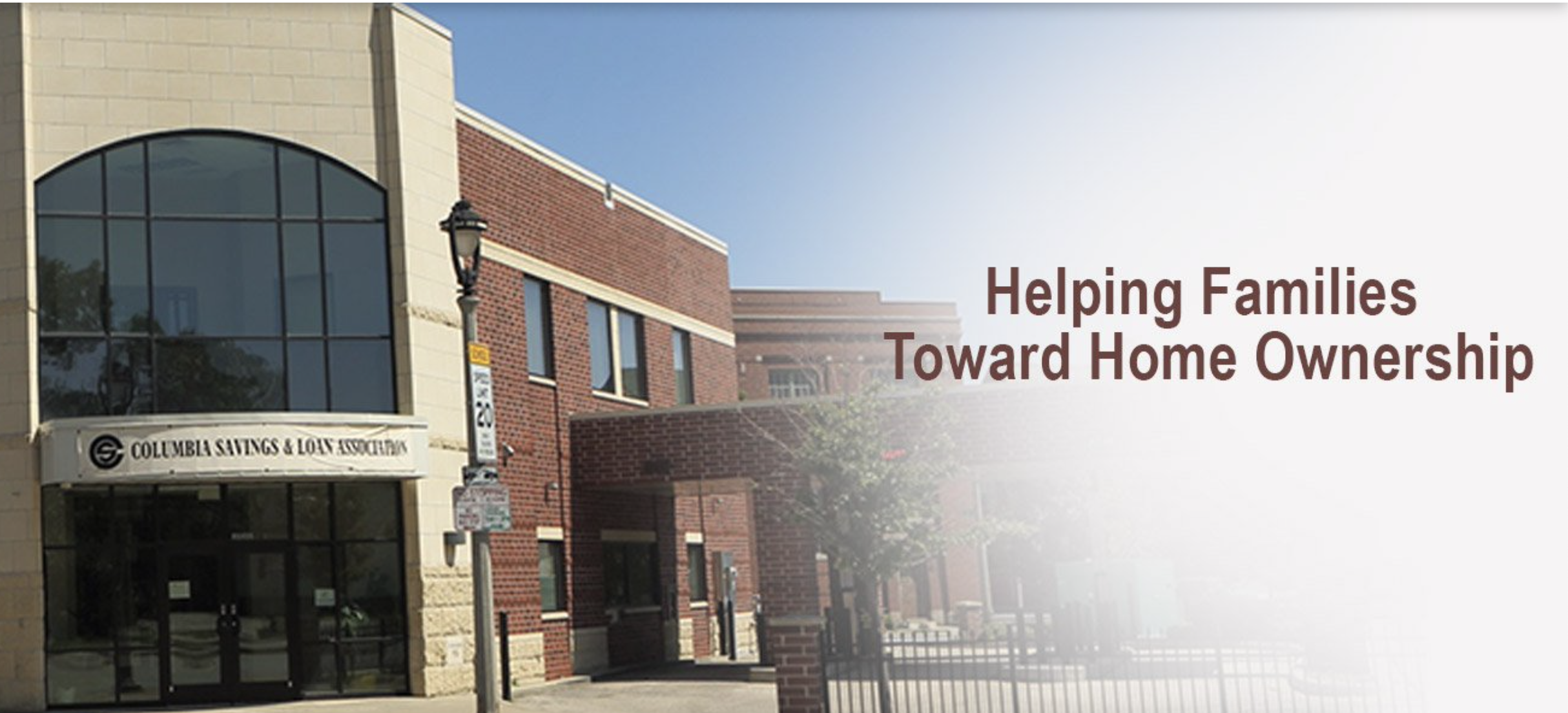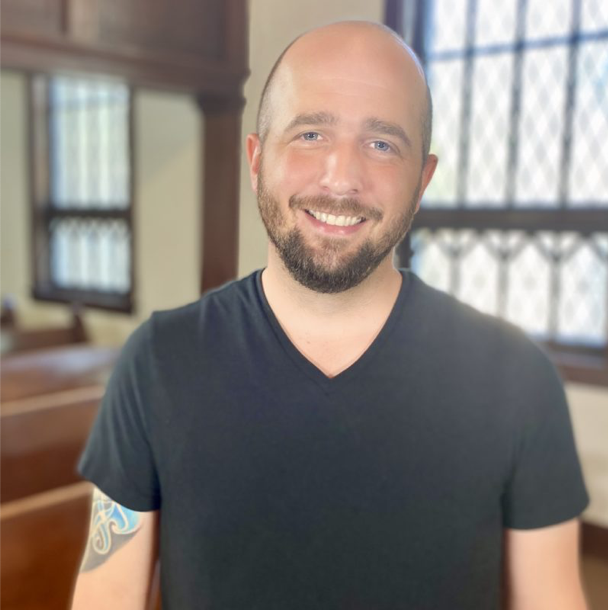A church invests in justice
By Phil Haslanger
Collaboration Project Story Team
As Pastor Stephen Feith from Madison Church pondered all the racial injustices that came to the surface in 2020, he heard from colleagues about an idea that could make a difference - putting money into Black-owned businesses.
He dug a bit further and learned that the only Black-owned financial institution in Wisconsin is Columbia Savings and Loan Association in Milwaukee. It is an institution with a rich history. Founded in 1924 to provide financial services to Milwaukee’s Black community, it has provided mortgages to Black families and capital to Black businesses for almost a century.
So Feith talked with leaders at his church and in early January, they deposited 5% of their reserves into an account at Columbia. He acknowledged that for a small congregation, this did not amount to a huge sum of money.
“Columbia’s not popping champagne tonight, thanking Jesus for that,” he said.
Stephen Feith
But now Feith is talking with other churches to see if they would be willing to make a similar effort. “If enough us do this, we can make a difference,” he suggested. He said a few churches in the Madison area are seriously considering this. And perhaps individual members might do this as well.
Feith noted that the risks to the churches are very small. Deposits in banks and savings and loans are covered by the Federal Deposit Insurance Corporation up to $250,000. The money remains in the name of the church or individual depositor. It just gives the bank more capital with which to make loans.
“By moving our money into these banks - at no risk to us - we are increasing their ability to give mortgages to people who are largely underserved by our economy,” he explained.
There is, of course, a staggering gap between the net worth of Black and white families and one of the causes of that has been both the overt efforts over the decades to block Blacks from homeownership as well as the continued challenges for Blacks to get mortgages from white-owned financial institutions.
Lending Tree reports that African-American borrowers have mortgage requests denied 17.4% of the time compared to 7.9% for Non-Hispanic whites. And a December 2020 article in the Harvard Business Review says that Black-owned banks make 67% of their loans to African American households versus the average of 1% of loans to Blacks from all other banks. (There is a lot more detail in this March 2020 report - The Potential and Limits of Black-Owned Banks - from the Urban Institute.)
The theory, then, is that increasing the capital available in a financial institution like Columbia Savings and Loan will increase the availability of mortgages for Black families and loans for Black businesses.
This, in fact, has been the mission of Columbia since Ardie and Wilbur Halyard created it nearly a century ago - providing a place where Blacks in Milwaukee could get the loans no other institution would give them. (Ardie Clark Halyard not only helped start Columbia, but was a leader in the Black community in Milwaukee across several decades, including serving as the first woman president of that city’s NAACP. You can read more about her here.)
Feith acknowledges that asking Madison-area folks to deposit money in a financial institution whose focus is on Milwaukee may seem like a bit of a stretch, but since they are the only Black-owned financial institution in the state and Milwaukee is only 90 miles away, he says it is worth it.
There are, of course, other efforts at creating home ownership opportunities for Black families. The Urban League of Greater Madison has launched a $5 million campaign to increase home ownership by buying 15 to 17 homes, renovating them and selling them to first-time home owners with no down-payment and interest-only loans.
And the Wisconsin Council of Churches has a Community Investment Program that allows faith communities to help fund specific programs that serve low-income families and communities.
Feith said he understands the importance of those efforts, but he sees making deposits in a Black-owned financial institution as yet a another way to strengthen the economic capacity of Black communities in ways that are both affordable and without risk to congregations.
Madison Church is not the first one to do this. Feith learned about the idea from New Thing, the church network they are part of. About a dozen churches in the Chicago area have deposited funds in Black-owned banks there. That has happened at other churches in other cities as well, forming a movement known as “Justice Deposits.”
Feith described the initiative as a way that “churches, non-profit organizations, for-profit organizations, people in our churches who have savings accounts - all of us can make a difference.”
He added, “In the church world, we can sometimes get stuck talking and lamenting. That’s fine. These conversations lead to breakthroughs. But at some point, we got to close Twitter and do something.”
We invite you to partner with us in telling stories that highlight how God is working in and through the local church by supporting Collaboration Project today.



